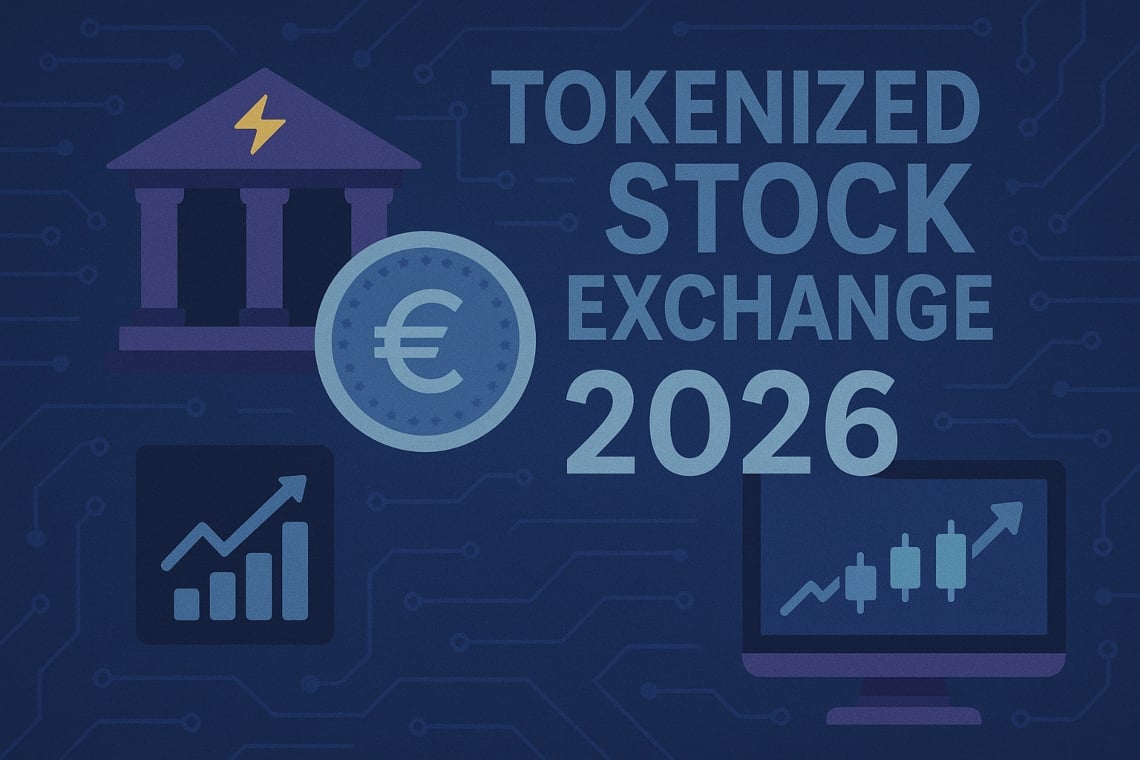Paris-based Lightning Stock Exchange won a DLT TSS license from France’s ACPR in 2025 to build a tokenized stock exchange for SMEs and pilot tokenized IPOs across Europe.
What are the dlt tss license details?
Which authority approved the licence and who leads the exchange?
The licence was issued by the ACPR in 2025, clearing a compliance pathway for custody and threshold signature schemes on distributed ledgers. Lightning Stock Exchange is led by Mark Kepeneghian, who has framed the project as a compliance-first market infrastructure.
Tip: Integrating threshold signature schemes with bank-grade custody can reduce single-point-of-failure risk and simplify regulatory audits.
As the Bank for International Settlements noted on 17 October 2024, tokenisation affects market infrastructure and central-bank-level oversight; bespoke governance and interoperability planning are therefore essential.
The DLT TSS model pairs distributed ledger technology with multi-party signing to enable custody of tokenized securities while meeting KYC and AML requirements.
In brief: The 2025 ACPR approval in France establishes a regulated framework for token custody and names institutional partners for a compliant market launch.
How will tokenized equity benefits affect SMEs and investors?
Will this act as a neo exchange for startups or broader tokenized securities europe market?
Tokenized equity benefits include faster settlement, fractional ownership and broader investor reach for SMEs. Lightning positions itself as a neo-exchange for startups and SMEs, aiming to lower listing costs while preserving investor protections through regulated intermediaries.
Strategic partners reportedly include Kriptown, BNP Paribas, Bpifrance, Caceis and Crédit Agricole, indicating substantial bank investment in tokenization and early liquidity provision.
Note: Pilot structures typically require bespoke legal wrappers and investor education before programs can scale across EU member states.
In brief: The platform targets startup and SME financing by combining token economics with traditional bank services to improve access and liquidity within evolving markets.
What is the proposed ipo tokenization process and timeline?
When will pilots of the ipo tokenization process start?
Lightning plans to run pilot tokenized IPOs in the first quarter of 2026, starting with a limited set of SMEs.
The process will use token issuance platforms, custodial TSS and regulated clearing workflows designed to mirror traditional IPO safeguards while testing settlement finality and investor eligibility.
Tip: Expect controlled investor pools and end-to-end testing with central securities depositories (CSDs) and custodians to validate freeze/unfreeze mechanics, corporate actions and AML/CTF controls.
Governance will draw on banking partners for underwriting and custody, while Kriptown supplies smart-contract and issuance tooling. Market participants will assess secondary trading mechanics and operational readiness during the pilot phase.
In brief: Pilots due in Q1 2026 aim to validate an end-to-end tokenized IPO model that combines fintech issuance with bank-led execution and custody; further scaling will depend on regulatory alignment across Europe.
